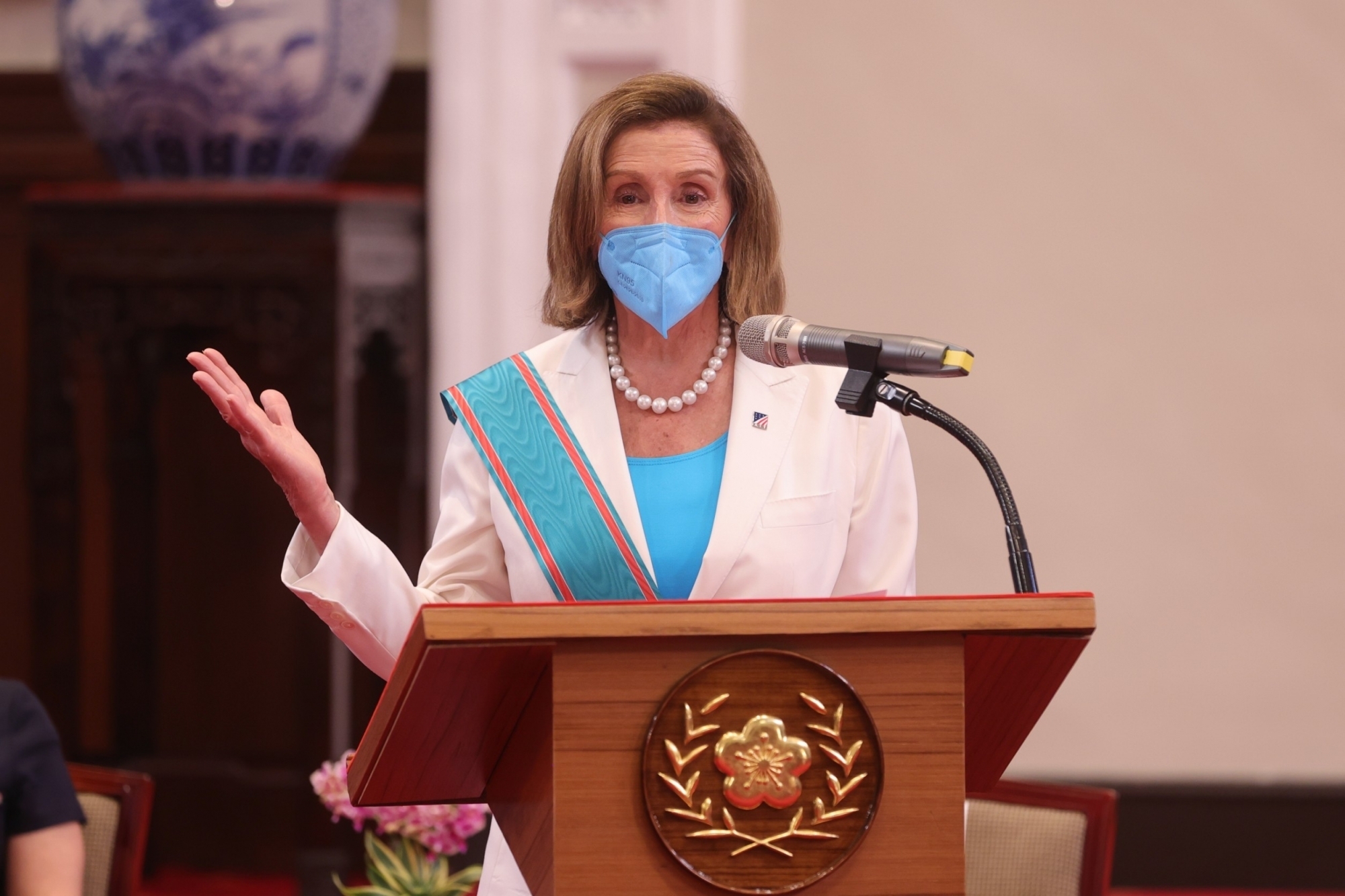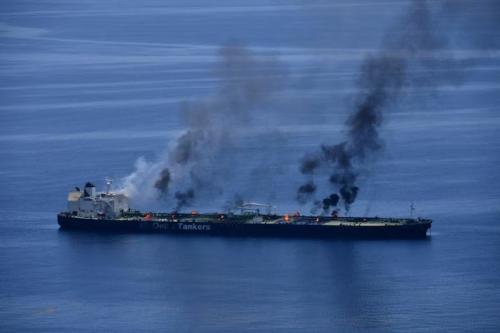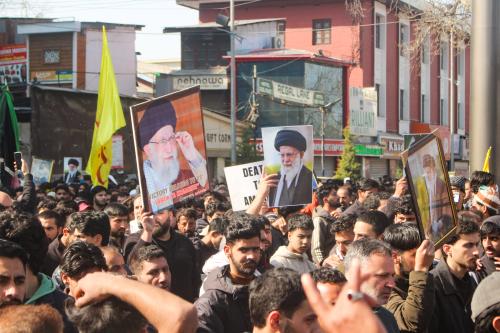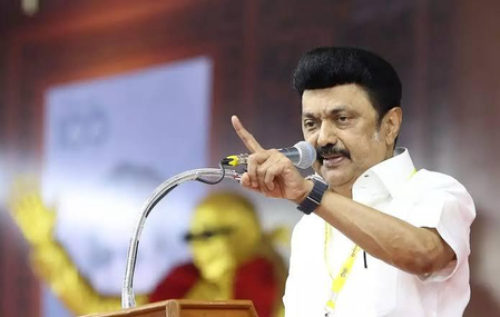New Delhi, Aug 13 (IANS) The nine-hour August 2 visit of the Speaker of the US House of Representatives, Nancy Pelosi, to Taiwan triggered a crisis in US-China relations, casting dark shadows over peace in the region and,in general, relations between China and the West. Many in India thought that the Chinese provocations on the LAC, particularly eastern Ladakh, will come down while China gets busy in directing its anger towards the US for 'daring' to send a top representative to an area that China calls part of its territory. But no let up on Chinese provocations along the LAC seems likely because of Taiwan developments. A little before or a little later after Pelosi was to land in Taiwan, military officials of India and China met on the Indian side of the LAC. History of India -China dialogue between military and even diplomatic officials rules out much optimism on easing border tensions. After 16 rounds of talks, the Chinese continue to occupy nearly 1000 km of what India considers its territory in eastern Ladakh. Fighter jets of China keep flying along the LAC, clearly demonstrating no peaceful intentions. And the standoff between the two armies continues since May 2020. Well, it may be considered a relief that while its rhetoric against India is strong, Beijing has not followed the way it has chosen to spleen its anger on the US. It may not mean much in practical terms that China has sanctioned Nancy Pelosi and her family after her visit to Taiwan -- first by a top US official in 25 years. But at least symbolically it is a strong measure. China is not going to sanction any Indian. The world has reasons to be concerned about the military exercises China has carried out in Taiwan Strait as an expression of its disapproval of Pelosi visit. China is also reported to have fired missiles around the sea surrounding Taiwan, reminding the world of its oft repeated statement that, 'if necessary', it will physically overrun Taiwan with its army. The tension over Taiwan posed a danger to international sea route around Taiwan which has implications on supply chains. China may feel that such an action will choke Taiwan but its consequences will be felt far beyond. China also banned certain import from Taiwan in the hope that it adversely affects Taiwanese economy. A tiny nation, which is no longer recognized by most of the world, Taiwan is an economic powerhouse; it still has non-diplomatic, including trade relations with a lot of countries. India is one of them. One of the most important factors that attract much of the world to Taiwan is its semi-conductor industry that produces chips used in most modern electronic gadgets. A country even as big and strong as China cannot affect the export of semi-conductors by Taiwan. The point of dwelling a little on Taiwan is to show that it has a thriving economy despite all the threats to its existence from Mainland China and its expansionist Communist rulers. And as far one can recall, Taiwan, which refused to join Communist China in 1949, has not ceded even an inch of its territory to China; it may be said that China with all its might has not been able to grab even an inch of Taiwanese territory even after telling the world to back off Taiwan. During all the years of face-off between China and its offshore 'territory' Taiwan, China has grabbed several thousand kilometers of Indian territory, beginning with the 1962 war with India. What it shows is that while Taiwan may be important for China, its activities designed to harm, intimidate and humiliate India have continued unabated since the early 1960s -- after a brief period of brotherly ties in the 1950s. China's hostile policy towards India has neither changed nor is China going to be slack in its aggressive and unfriendly approach towards India. There were, of course, occasional moments in the current (Indian Prime Minister Narendra) Modi era when the top leaders of the two countries hugged and embraced each other and even had conversation of sorts sitting in a swing. Such illusory moments were photo-op diversions which did not lead to any appreciable departure from the Chinese ill intentions towards India. No matter how much the tension between the US and China over Taiwan is overplayed, it looks unlikely to lead to a war between the world's two largest and strongest armies. There are instances where sabre rattling by a country did not lead to a nightmarish clash that can engulf the whole world. China is not exactly a benign big power but the hot-heads ruling from Beijing realize full well the consequences of unleashing a war that spreads across the globe. Yet, China will not dilute its policies towards India, including continuation of military activities along the LAC even when it has to tackle a much more powerful adversary like the US expressing solidarity with Taiwan in defiance of Chinese wishes. In short, India cannot let down its guard against China whenever reports of 'diversion' of Chinese attentions appear. All the talk of Chinese wanting peace with India is no more than a hogwash, at least as of now!
Taiwan crisis and Chinese rhetoric against India
- by Rinku
- August 13, 2022 2 minutes

Taiwan : US House Speaker Nancy Pelosi (R) gives a speech during a press conference with Taiwan's President Tsai Ing-wen (not pictured) following their meeting at the Presidential Palace in Taipei City.( Photo: -/Taiwan Presidential Palace Via ZUMA Press Wire/dpa/IANS)











